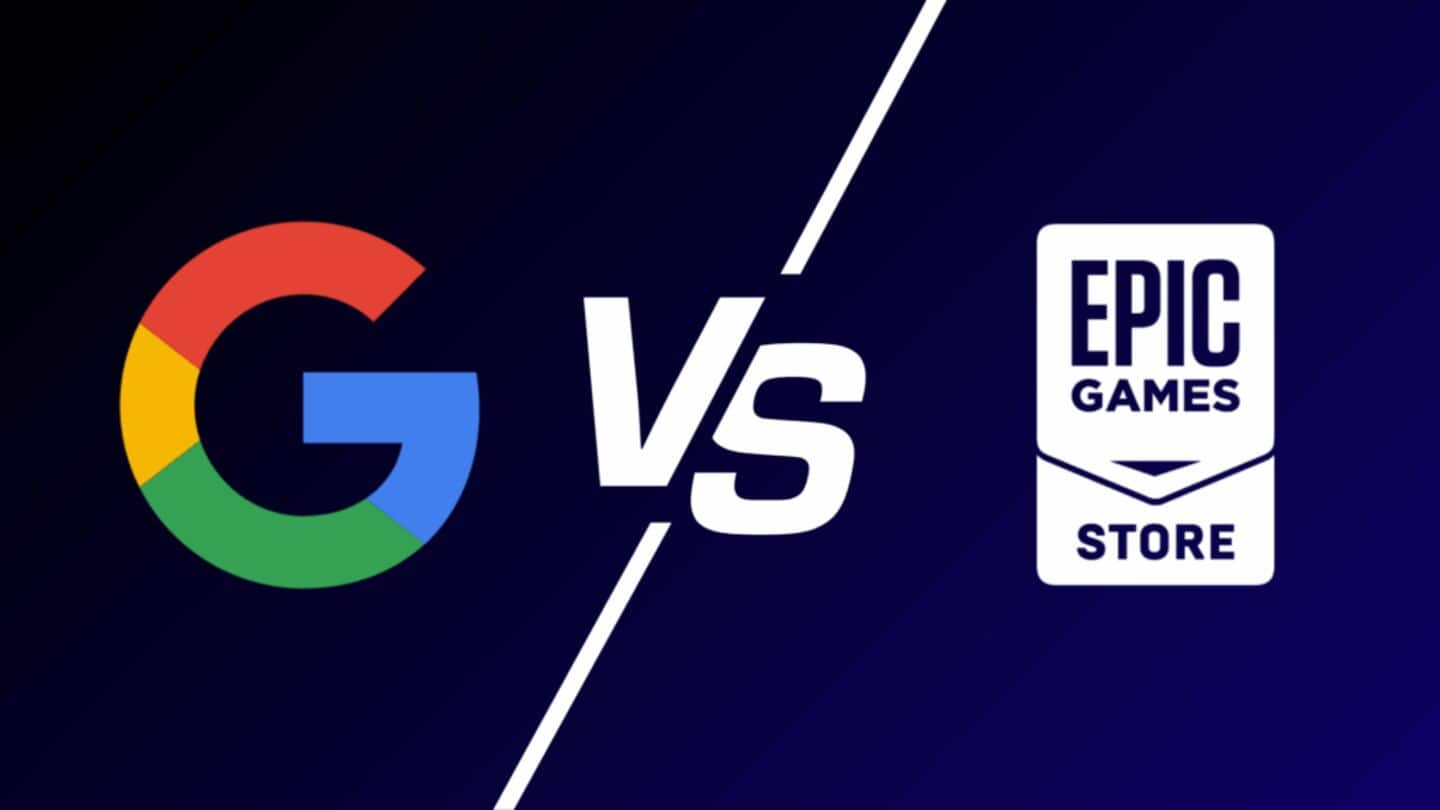
Google appeals order to overhaul Play Store after Epic ruling
What's the story
Google has appealed against an order mandating major changes to its Play Store. The move comes after the tech giant lost a key ruling in a lawsuit filed by Epic Games, the maker of popular video game Fortnite. The appeal was filed with the San Francisco-based 9th US Circuit Court of Appeals on Friday.
Injunction details
Order requires Google to restore competition
The lower court's October injunction, which a panel of appeals judges unanimously upheld on Thursday, requires Google to restore competition. This includes allowing users to download competing app stores within its Play Store and making Play's app catalog available to those competitors. The tech giant stated that the order is expected to come into effect in 14 days unless blocked by another court order.
Stay request
Google has denied any wrongdoing
In its filing, Google requested an administrative stay of the order. This would allow the company to later ask the full appeals court to take up its appeal and, if necessary, seek review by the US Supreme Court. The tech giant has denied any wrongdoing in this case and is now preparing for a further challenge against the lower court's injunction.
Monopoly allegations
Epic accused Google of monopolizing consumer access to apps
Epic Games accused Google in a 2020 lawsuit of monopolizing consumer access to apps on Android devices and payment processing within those apps. The North Carolina-based company convinced a San Francisco jury in 2023 that Google illegally stifled competition. US District Judge James Donato issued his Play Store injunction against Google in October after the jury ruled for Epic.
Panel's decision
Ruling strengthens Epic's case against Google
A panel of the 9th Circuit upheld the injunction on Thursday, saying the record in Epic's lawsuit was "replete with evidence that Google's anticompetitive conduct entrenched its dominance." This ruling further strengthens Epic's case against Google and could have far-reaching implications for the tech giant's business practices. The case is now being closely watched as a potential landmark in app store regulation and competition law.